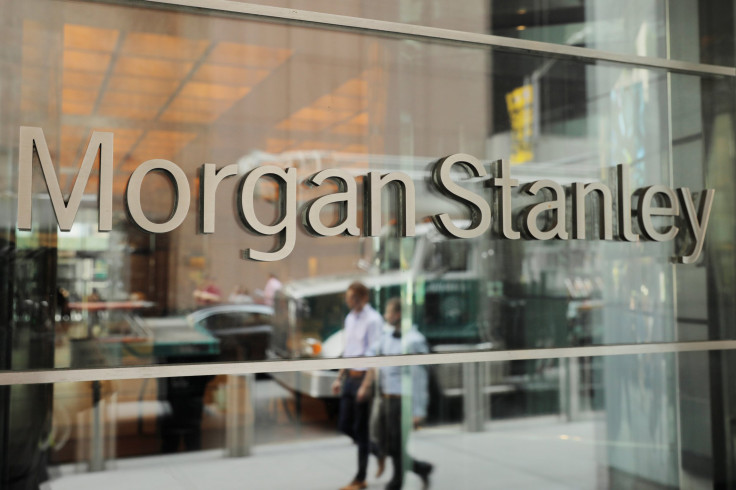Morgan Stanley Layoffs: 1,500 Lose Jobs Over Economic Uncertainty

KEY POINTS
- Morgan Stanley will fire over 1,500 more employees
- Investment bank blames global economic uncertainty
- It began firing people in 2015 as part of a corporate restructuring
Leading investment bank and financial services firm Morgan Stanley will fire 1,500 employees despite boasting in October its third quarter revenue was its best in a decade. Morgan Stanley's stock is up 25% this year, which is its best performance since 2016.
Morgan Stanley said it's being forced to make this move over concerns about global economic uncertainty. Most of the employees about to lose their jobs will come from the bank's technology and operations units, said a source to CNN. The loss of 1,500 employees represents more than 2 percent of the bank's global workforce, which came to 60,532 people in September.
Lingering fears of a global economic slowdown despite the resilient U.S. economy is weighing heavily on banks that have to contend with low interest rates and rising expenses. Morgan Stanley's compensation expenses increased during the third quarter.
So, too, did the firm's revenue and income, which easily beat analysts' expectations. Morgan Stanley called this year's third quarter the best third quarter for revenue in a decade.
It reported Q3 profit and revenue exceeding analysts’ expectations on better-than-expected results in trading and advisory businesses. The bank said its profit increased 2.3 percent to $2.17 billion in Q3 (or $1.27 per share) compared with the $1.11 per share expected in a Refinitiv survey of analysts. It reported $10.1 billion in revenue, a surprise increase in a tough quarter for other Wall Street firms. This revenue beat analysts’ average estimate by $500 million.
Morgan Stanley, however, remains adamant its expenses are a problem that have to be dealt with. Firing people is one way of attaining this aim.
"We remain committed to controlling our expenses," said CEO James Gorman, who refused to comment on the job cuts first reported by CNBC.
Gorman began firing a quarter of the bank's fixed-income workforce in 2015. He's also sold-off large parts of the bank's commodities operation.
Last October, Gorman said that while business executives "remain confident" about the U.S. economy, they remain worried about whether trade negotiations will stay within the "guardrails of reasonableness."
"Nobody wants to see a global economic slowdown," he said.
Analysts contend banks and other financial institutions are facing increasing pressure to rein-in expenses and restrain spending on account of the prevailing low interest rate regime.
They point out a number of European banks have also fired people in a bid to control costs. In July, Deutsche Bank launched a painful restructuring that will see 18,000 employees lose their jobs.
© Copyright IBTimes 2024. All rights reserved.




















